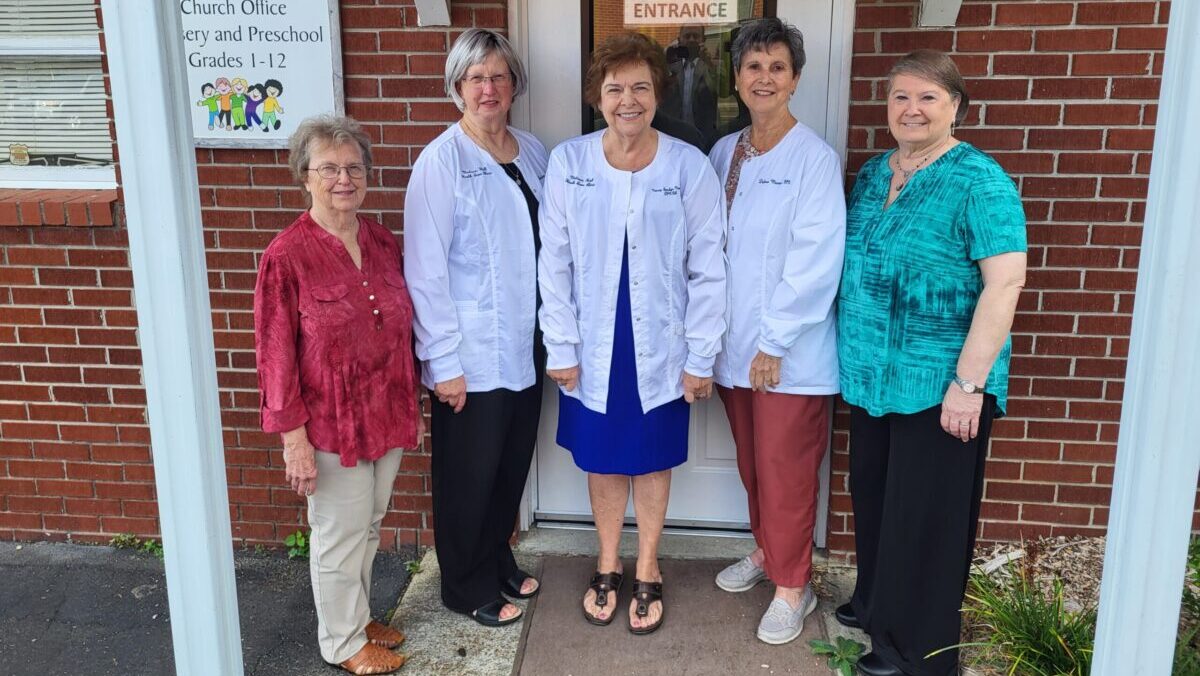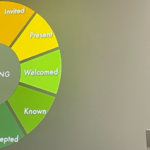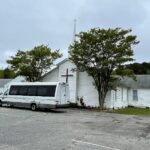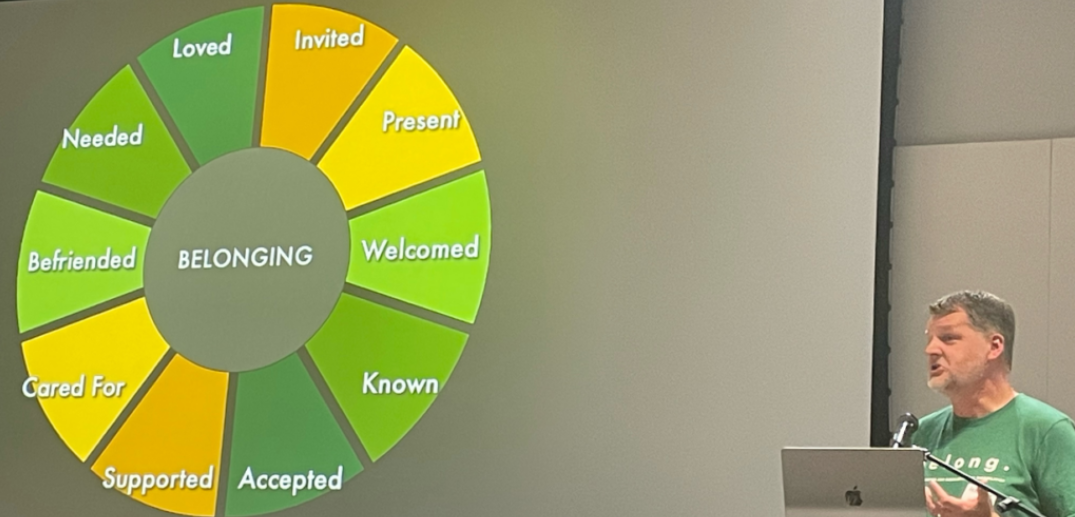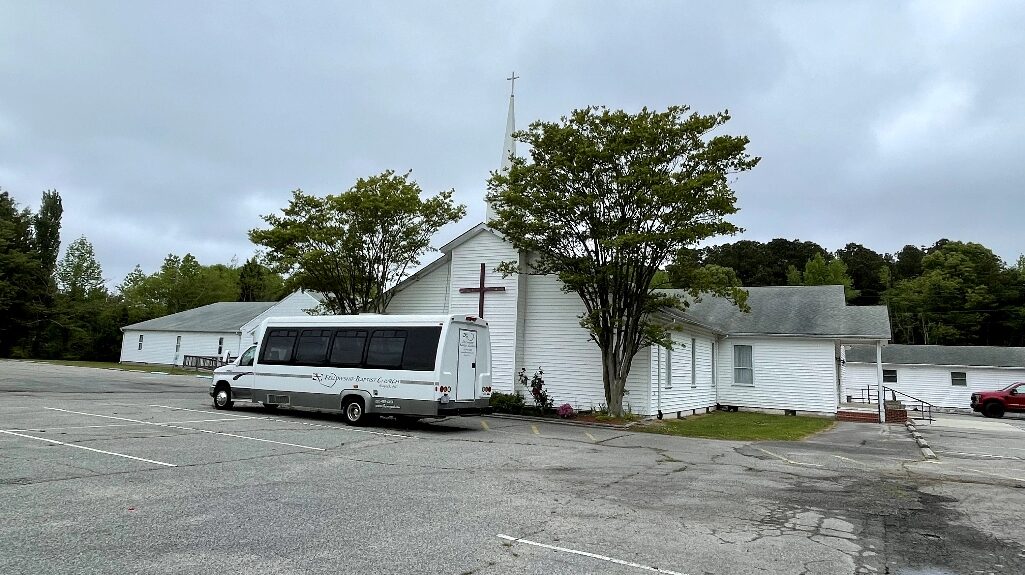Madison Baptist Church in Jackson, Tennessee, saw a need in its rural community and decided to make a difference. Pastor Greg Gilbreath said the church opened a free health clinic in 2015 and serves a mixed community of Hispanic, African American and Caucasian clients on the third Saturday each month.
Gilbreath had received a letter from a church in Oklahoma encouraging congregations to start health clinics in their churches.
“I almost threw it away, but then I had second thoughts as this might be a way for Madison Baptist to start a new mission,” said the pastor. “A training program was scheduled in Nashville, so I gave the letter to Nancy Mikkelson, a nurse practitioner in our church. She attended and brought back information.”
This rural community needed health care, Gilbreath said. It is in a low income area consisting of many unemployed and uninsured people who can’t afford a copay or expensive medicine. Many elderly people live in the community and do not have transportation to the business area of Jackson, which is about 20 miles away.
“Fortunately, we have medical professionals in our church and community who volunteer their time,” said Gilbreath. “No one receives a salary.” A retired and licensed pharmacist and two nurse practitioners can dispense medicine. Church members help with registration, paperwork and other necessary information.
An unused classroom has become a safe storage place for supplies. This room is locked and secure for keeping medicine and other items.
Gilbreath is often asked how a small church that averages between 75 and 80 in Sunday School can afford to provide a free health clinic for the community. He agrees that it takes money. Supplies and equipment needs seem to increase annually. Philippians 4:19 says, “And my God will meet all your needs according to the riches of his glory in Christ Jesus.” Funds are provided through grants, donations and designated memorials. Members may give a love offering for the clinic to honor someone’s birthday or anniversary. Instead of sending flowers to a funeral, they may honor the deceased by making a contribution to the clinic. A member who was a retired missionary requested in her will that at her death, all her assets go to a health clinic for the church.
The church needed to let people know this new missions project was available. Gilbreath and the staff use social media, newsletters and word-of-mouth. People tell their friends and the word spreads. If someone needs medical care, they simply show up between 9 a.m. and noon on the third Saturday of each month, and they will be seen by medical personnel.
Some Christian and civic organizations that advertise free health clinics require a copay or other added funds. The clinic at Madison is completely free.
‘One-on-one evangelism is best’
“When people come and sign in, they are invited to go into another room and talk about Christ,” Gilbreath said. “We have a retired missionary and another gentleman who share Scripture. No one has objected. They want to hear about Jesus. Returning patients go directly to see the medical team.
“One-on-one evangelism is the best,” added Gilbreath. “Of all the missions and activities that Madison Baptist participates in, our health clinic is the most effective.”
Larry Murphy, director of missions for Madison-Chester and Crockett Baptist associations, said that Madison is a small church doing great things for the Kingdom.
Gilbreath said that to this point, 25 people have received Christ as Savior.
“Recently, a mother and her son came and prayed to receive Christ. Often, our clients need food, so our food pantry is always stocked with provisions.”
Gilbreath is willing to schedule a Zoom meeting — or an in-person meeting for nearby churches — to help other churches start a health clinic in their area. At this point, Madison is the only church in the area that offers a clinic completely free to those in need. For more information, email Gilbreath at greggilbreath@live.com.
Take a survey of health needs in your community using the following questions:
- How will the clinic be funded?
- Do you have licensed professional medical workers in your church or community who would volunteer their time?
- Is your church wheelchair-accessible?
- How will you promote the health clinic?
- Will church members volunteer to welcome, register and keep records of clients attending?
- How will you pray for the people attending?
- If there is a language barrier, and if so, do you have a translator available?
- Is there a referral process to a hospital or convenient care clinic if needed?
EDITOR’S NOTE — This story was written by Carolyn Tomlin and originally published by the Tennessee Baptist and Reflector.

